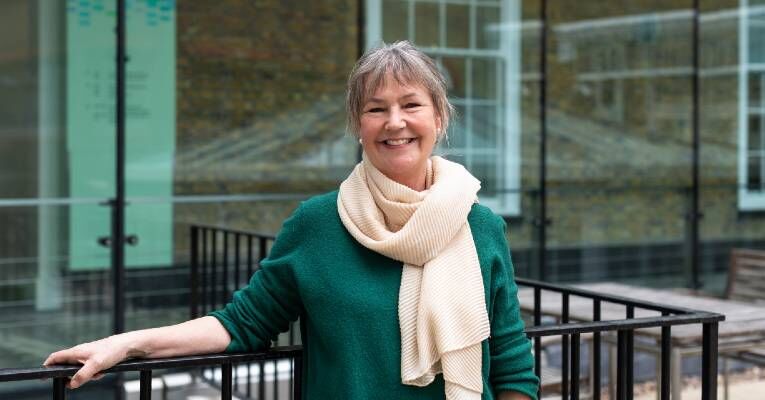The forthcoming NHS long-term plan risks becoming an unachievable ‘wish list’ of initiatives to improve the health service unless the workforce shortages are addressed, a group of think-tanks has concluded.
The briefing, entitled ‘The health care workforce in England: make or break?’ and co-authored by the King’s Fund, the Health Foundation and the Nuffield Trust, says that the shortage of nurses is one of the biggest challenges facing the NHS and to address it will require a long-term plan and significantly more investment.
‘In key areas such as nursing and general practice, we are potentially reaching a tipping point whereby shortages make the working life of staff so difficult that this risks undermining efforts to remedy the crisis,’ they said.
It added that ‘there is no credible overarching strategy in place to address these problems’ and called for expanding student nurse numbers to be a priority.
It predicts that overall NHS staff shortages, which currently stand at more than 100,000, could mushroom to 250,000 – or one in six posts – by 2030.
Within that, nursing is flagged as a particular challenge. Currently, one in eight – 36,000 – nursing posts is vacant in the NHS. The report notes ‘worrying’ increases in the numbers of nurses leaving the NHS, particularly before retirement age. It reported that in 2016/17, 5,000 more nurses left NHS employment than in 2011/12. Had the rate remained at 2012 levels through to 2017, there would have been 16,000 more nurses working in the NHS, meaning almost half of the currently vacant nurse posts would be filled.
The report states that Brexit has created additional short- and medium-term risks. For instance, a net inflow of nurses from the EU into the NHS has turned into a net outflow: between July 2017 and July 2018, 1,584 more EU nurses and health visitors left their roles in the NHS than joined.
It also highlighted the declining number of applicants for nursing courses – noting an 18% drop (11,750 fewer applicants) between 2016 and 2017 – the biggest fall in nursing applicants on record. ‘The anticipated expansion in the nursing training pipeline of 10,000 additional nurses has not materialised,’ it noted.
Acting chief executive of the Royal College of Nursing Dame Donna Kinnair said next month’s NHS 10-year plan must address the nursing shortage.
She said: ‘Funding nurse higher education is key to addressing the nursing shortage – the Government and NHS England must invest at least £1bn in nursing higher education to attract and support the nurses we need to keep patients safe. The Government’s earlier plan to increase nursing applications by scrapping the bursary has categorically failed – 1,800 fewer people have been accepted onto courses.’








